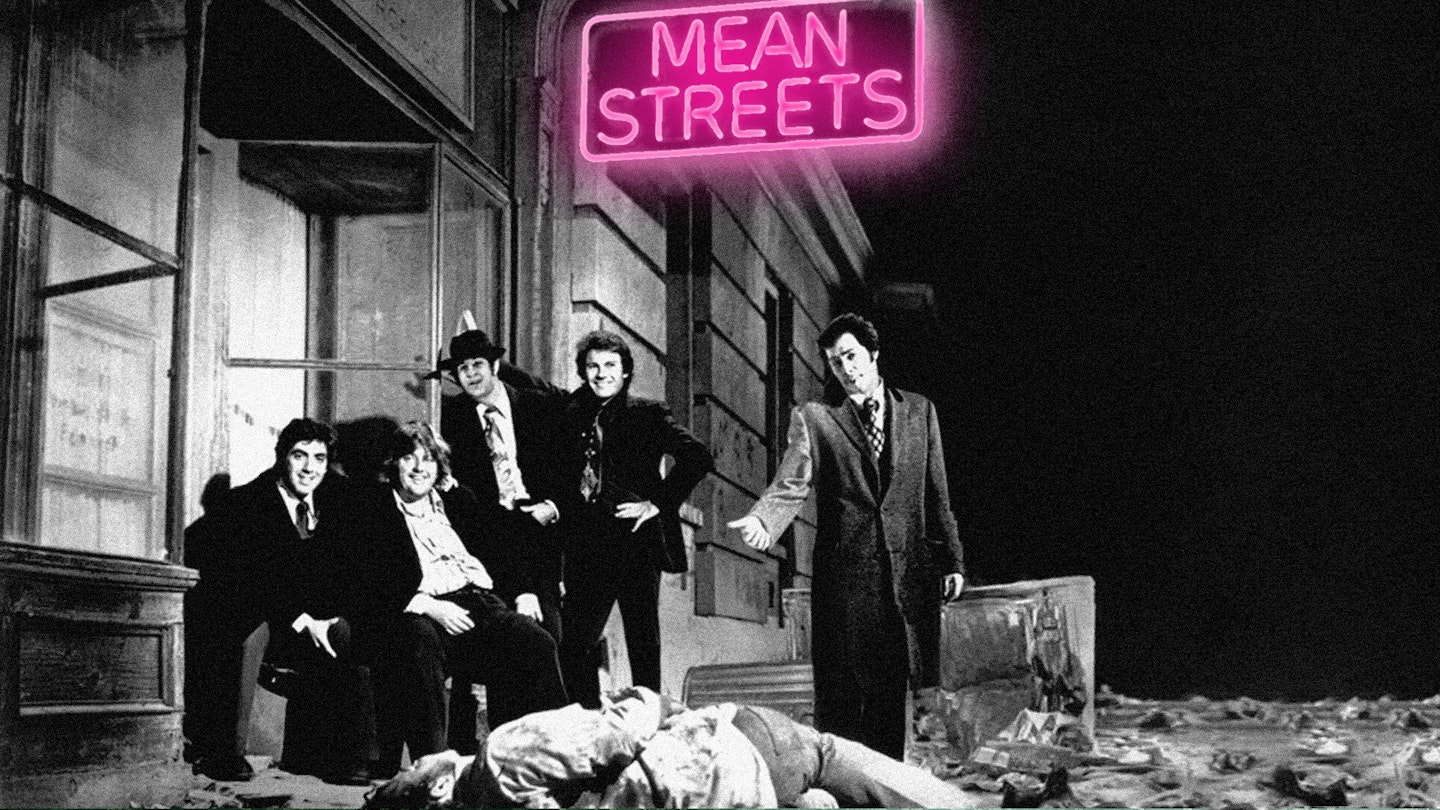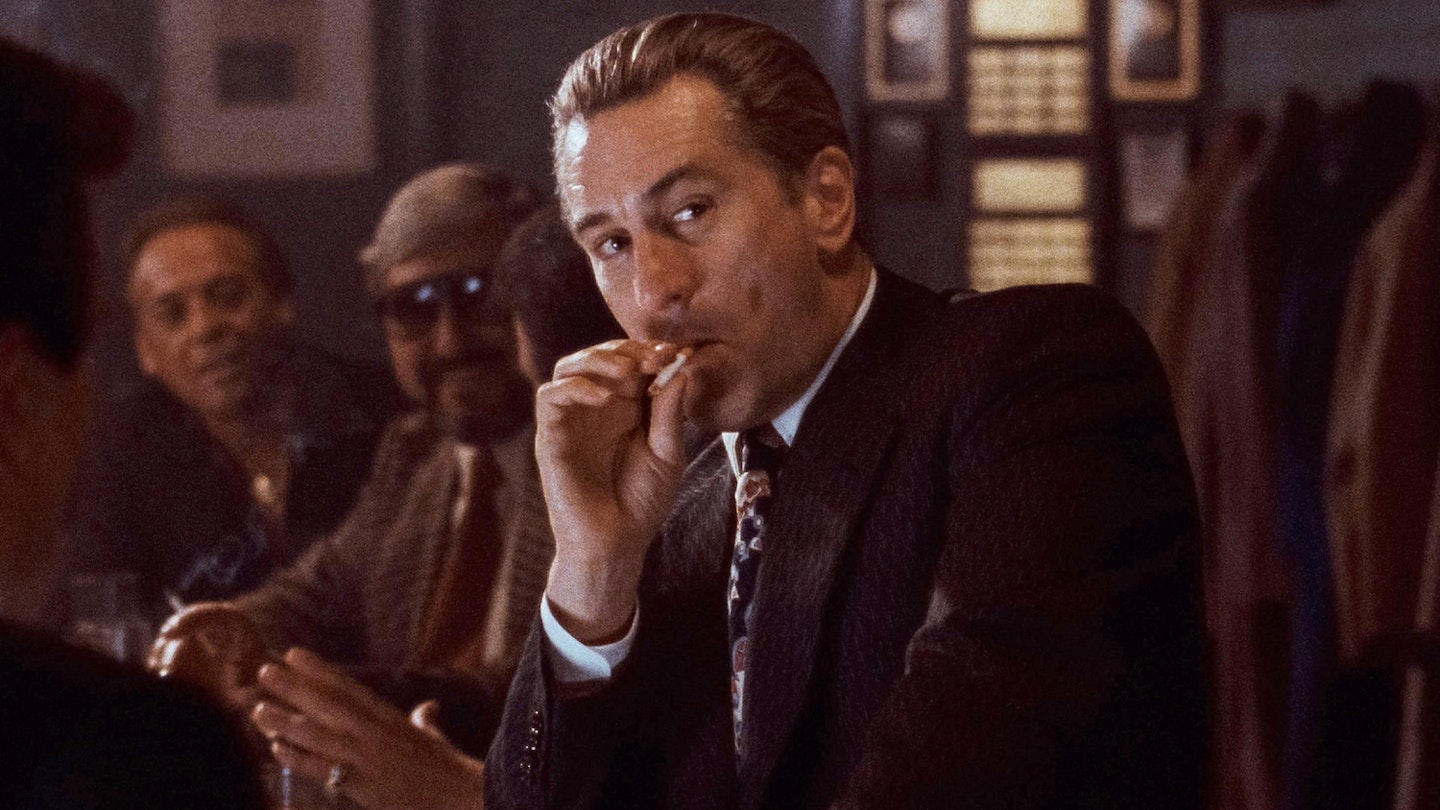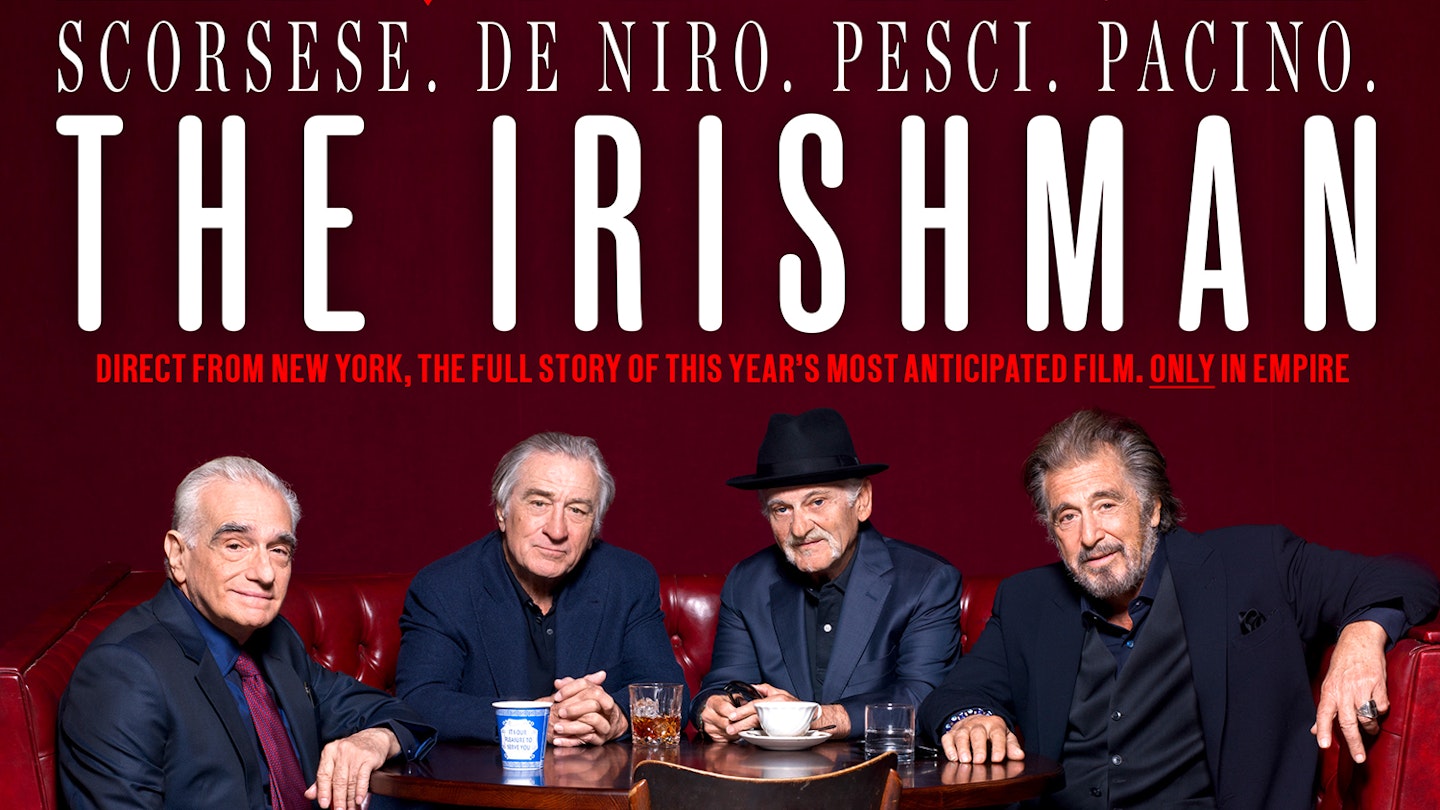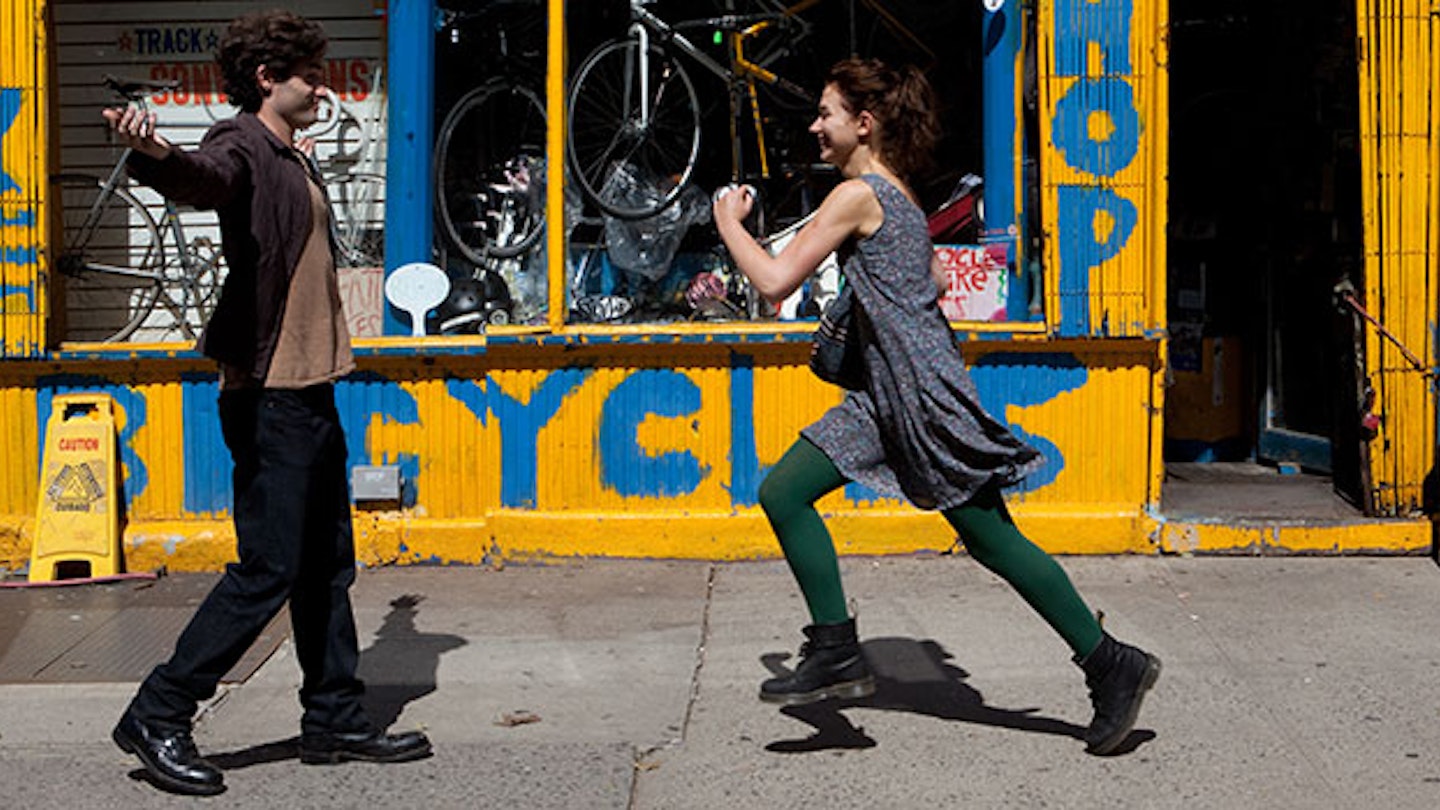Originally titled Season Of The Witch, Mean Streets grew out of an abandoned script that Scorsese revitalised (on the orders of John Cassavetes) into a laboured religious allegory populated with picaresque local characters from his old Lower East Side stomping grounds. He showed it to his girlfriend, Sandy Weintraub, who offered more sage advice: tone down the God-bothering angst and put in more tales from the 'hood.
Mean Streets, the story of Charlie, a small-time wiseguy tortured by Catholic guilt, his loose-cannon best friend Johnny Boy and their coterie of cronies, was written by Scorsese and Mardik Martin cruising the streets of Little Italy in Martin's battered Valiant. Soaking up the familiar pageant with fresh eyes, they captured the flavour of Little Italy, spicing the narrative with incidents drawn from Scorsese's rich store of anecdotes.
It's safe to say that the chief pleasure to be had from revisiting Mean Streets is De Niro's performance. A whirlwind of random violence and casual mayhem, Johnny Boy is a perfect study of suicidal recklessness, a species of heedless maniac who, you never doubt, would cheerfully treat welching on debts to the local shylocks as if it were some kind of extreme sport. De Niro, improvising without a net and free from the introspective brooding that marks his later roles (the good ones, at any rate), invests him with equal parts menace and irresistible charm. That takes nothing away from Keitel, of course. He shoulders the film manfully, but as the vessel for Scorsese's religious musings, when they cross the line from heavy to heavy-handed, it's him with whom you lose patience.
Much of it has a rough, documentary feel and yet, like some hellish bordello, its diabolical glow bathing everyone and everything in shades of carnal red, the symbolism is stunning, infinitely more effective than Keitel sticking his hand in the nearest flaming object every time a stripper shakes her goods in his direction.
Scorsese's Little Italy has long gone. Its three small blocks of the Lower East Side, bounded by Elizabeth Street, Mott Street and Mulberry Street, are now a grotesque tourist trap, a theme park of chi-chi coffee shops and overpriced trattorias. Even the bullet holes in the window of Umberto's Clam House, a memento of mob boss Crazy Joe Gallo's last supper, have disappeared. Mean Streets takes you back to the days before it got respectable. More importantly, it takes you back to the days before Scorsese got respectable, too.




